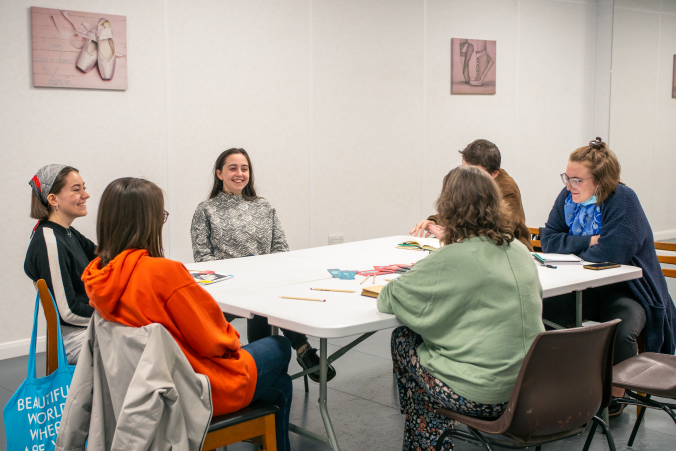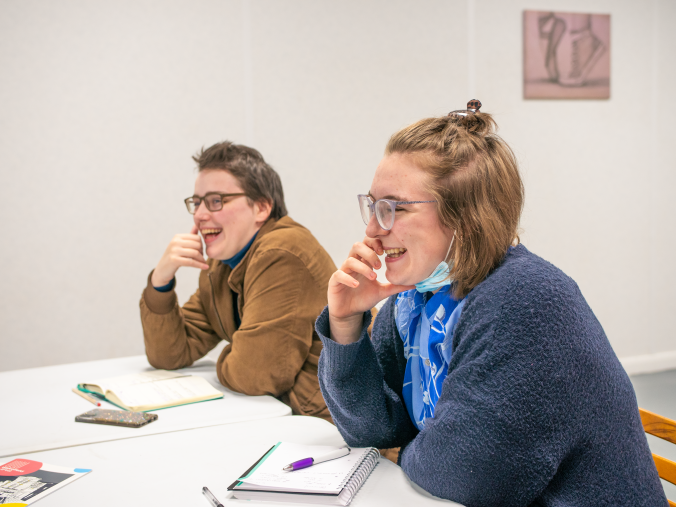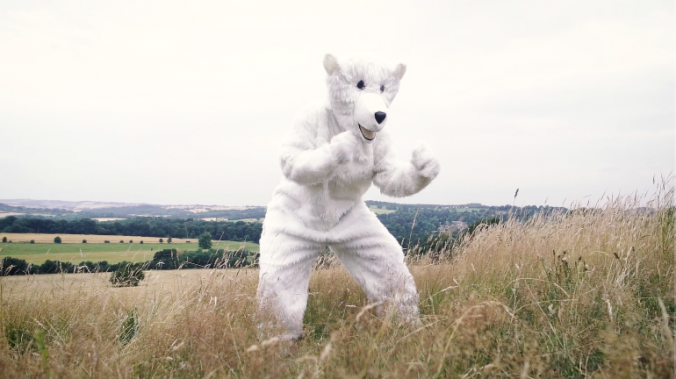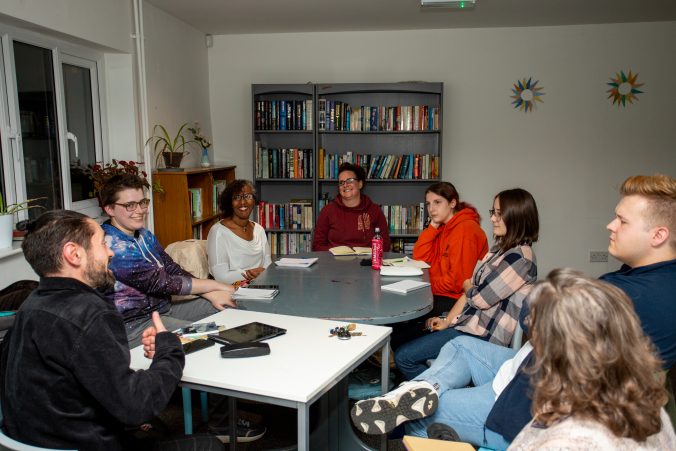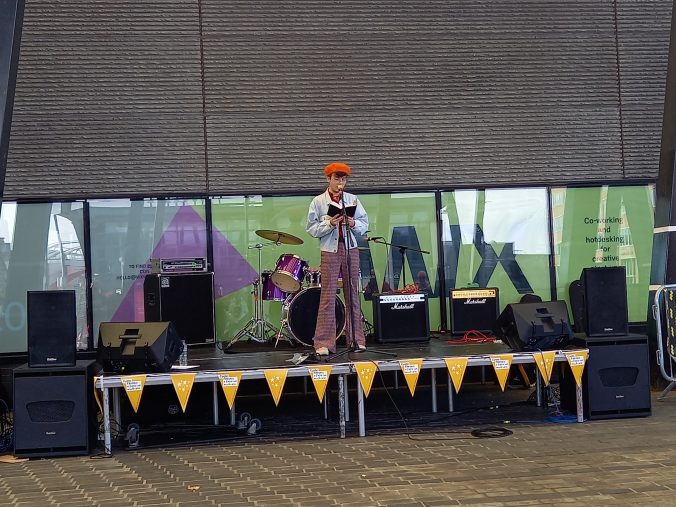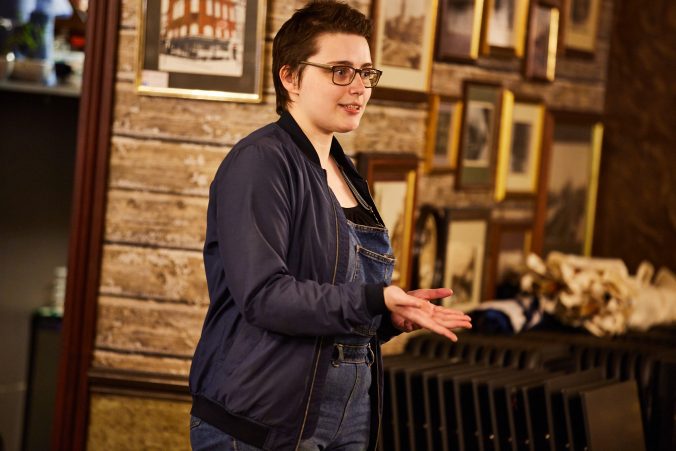Katherine Carr is a speculative fiction writer from West Yorkshire. Currently, her time is split between managing her religion degree, being a member of The Writing Squad, and working on her novel about Northern, working-class kids trying to be the hero for once in an Arthurian meets Peaky Blinders adventure. This piece is from the start of a new project exploring the horrors of white feminism against the backdrop of dark academia.
‘This is going to be a pain to keep out of the papers,’ Jude said, hurling another mound of dirt onto my lukewarm body.
This was not how I imagined my first front cover going. For a start, there would be a better buffet and a Mayfair hotel involved.
‘Another thing to sort out,’ Tabitha said. ‘Saying that, all we really have to do is cry in the right places and the police will be none the wiser.’
‘You’ve lost it if you think that’ll work,’
‘Elise wasn’t exactly known for being particularly streetwise, so really this was only a matter of time-’
How charming.
‘-Who’s more likely to have done it: us or a football lad that didn’t get his way? Just say she’s an angel who got her wings far too soon and you’ll see.’’
The air and I soaked up her words. Jude’s gaze pierced through me before she turned and grabbed her shovel again.
‘We’ll see,’
A harsh slam rattled through me.
‘Really?’
‘Look, I’ve seen enough idiots waving their money as if it can solve all the world’s problems for it to just blow up in their face. Just because you’re a Howard doesn’t make you any different.’
The air seethed. Tabitha strode over, the dried blood on her Burberry sleeves cracking as she twined them amongst her fingers. She grabbed Jude’s wrist and squeezed.
‘Look at me.’
Jude didn’t.
‘Look at me.’
Finally, Tabitha’s cherry lips coiled into a smile that didn’t quite reach her eyes.
‘What are you without me, hm? Nothing. But trust me I am so much more regardless if you’re by my side or not, so get your act together because you’re use is finite and you need to make it last, trust me.’
Jesus.
Christ.
I stood between them eating every twitch, lick, and blink they offered, starved of such good drama in a long time. God, all the things I could have made off this; the whole uni would have been at my door to taste fraction of what I’d seen! Now, it was just another secret between me and the dead.
‘Okay,’ Jude snapped her wrist away. ‘Just let’s get this over with. You’ve got a seminar at nine.’
As the dull thud, thud, thud, returned to the air, I took a seat beside my grave and took in the morning night.

